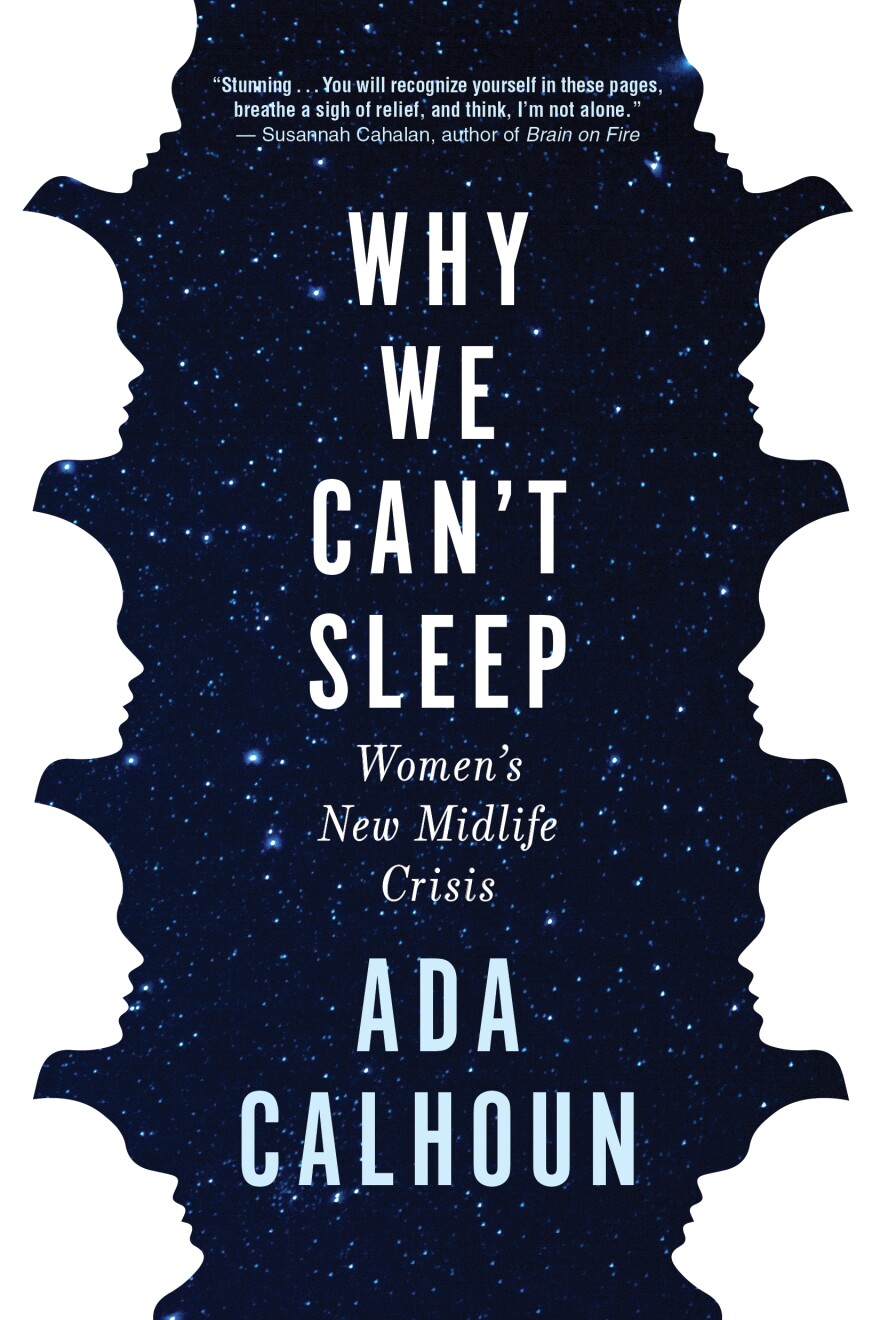Statistics show that those of us born between 1965 and 1980 earn less, have more debt and are more likely to have children with some form of developmental delays. We are also expected to be fully present in our home lives and jobs. If we’re married, there are frustrations at home. If we’re single we might not even be able to find a compatible partner. We’re also of the generations that feels woefully unrepresented in the media. Social media makes us feel inadequate in myriad ways. We’re just plain invisible in most other contexts.

Thinking about all of this plus a poor economy, spikes in crime, massacres in public spaces, and so much else, means we can’t sleep — or not very well anyway. Ada Calhoun researched these and related issues for her book Why We Can’t Sleep: Women’s New Midlife Crisis.
Highlights of the Interview with Ada Calhoun
On part of the motivation for writing the book
I thought there were a lot of things that I was learning that could have helped me not feel so terrible and so alone. I got angry that I had never heard the word “perimenopause.” For example, I went to my doctor's appointments every year and I read a lot of books, and somehow no one had ever thought to mention that this was a really huge stage of life that I was about to go through. So, the book really is intended to help people who are in that kind of state that I was in when I was in my early 40s, feeling all alone.
On the women she researched and wrote about
Middle-aged women. And most of them fall into that category of Gen X (who were) born between about 1965 and 1980, but I've definitely heard from a lot of what they call elder millennials and younger boomers that they relate to quite a bit of what's in there, too.
On the terminology that is not used enough in this context
This is something that obviously our mothers and grandmothers went through to these changes in our 40s. It's like a second puberty. It can be easy for some women. About 20% don't have symptoms, but about 80% of women do — with something, either hot flashes or mood swings or sleeplessness or weight gain in ways that are disruptive to their lives. While our mothers and grandmothers often did work, you know, or raising families, in some cases. Now we're going through perimenopause while they're doing just a ton of caregiving and often working full-time simultaneously while also having their phones in their pocket, kind of blowing up from morning 'til night. And it's, I argue, that combination of factors, that level of pressure has led an awful lot of women to feeling really overwhelmed and then also feeling like they should not be overwhelmed. They should be able to like “Kondo” their closets and meditate and get out of this funk they're in. And I say that, you know, it's not that simple.
TPR was founded by and is supported by our community. If you value our commitment to the highest standards of responsible journalism and are able to do so, please consider making your gift of support today.



